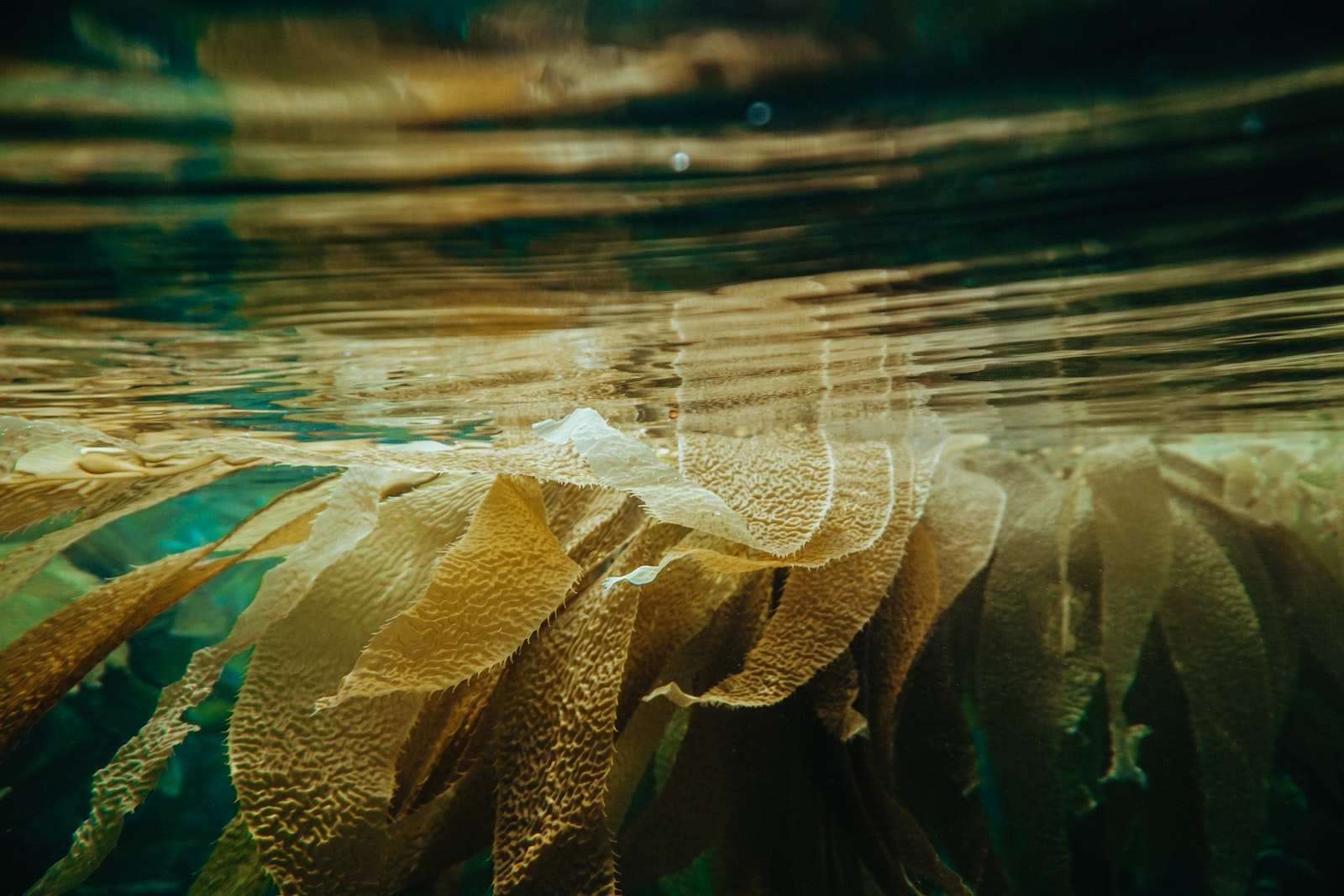In a bid to reduce air pollution and the country’s carbon footprint, India is exploring innovative clean-energy alternatives.
Under The Innovation in Science Pursuit for Inspired Research (INSPIRE) programme” managed by the ministry of science and technology, Indian scientists have developed a low-cost bio-diesel from micro-algae.
The ministry claimed in a statement that the “use of microalgae has been strongly considered for the production of biofuels since they present a series of advantages over other biofuel feedstock.”
The technique has been developed by a team led by T Mathimani, a scientist from the National Institute of Technology (NIT), Tiruchirappalli.
https://globalshakers.com/courtney-boyd-myers-the-kelp-queen-creating-a-sustainable-snack-craze/
The Ministry said that Mathimani and his team have successfully isolated predominant strains of marine microalgal species from the coastal regions of Tamil Nadu for their potential in terms of total organic carbon content and Triacylglycerides(TAG) content for biodiesel production.
“The group will formulate a roadmap by which biodiesel can be produced commercially and can be put in an energy market sustainably” reported The Times Of India.
The publication also reports that different types of biofuels that have been explored in the region include molasses, agriculture residue, sugar-containing edible sources like sugarcane, starch-containing sources like corn, edible oilseeds and cassava, and non-edible oil seeds like Jatropha.
https://globalshakers.com/uk-designer-has-created-a-bioplastic-using-fish-waste/
While algae is promising endless uses to help make production on our planet more sustainable it also poses limitations for the production of biofuels due to the higher cost issues in cultivation, harvesting and extraction steps.
Taking this into account, the NIT paper also presents an extensive detail of deriving biofuels from algal biomass from various viable algae cultivation systems.


